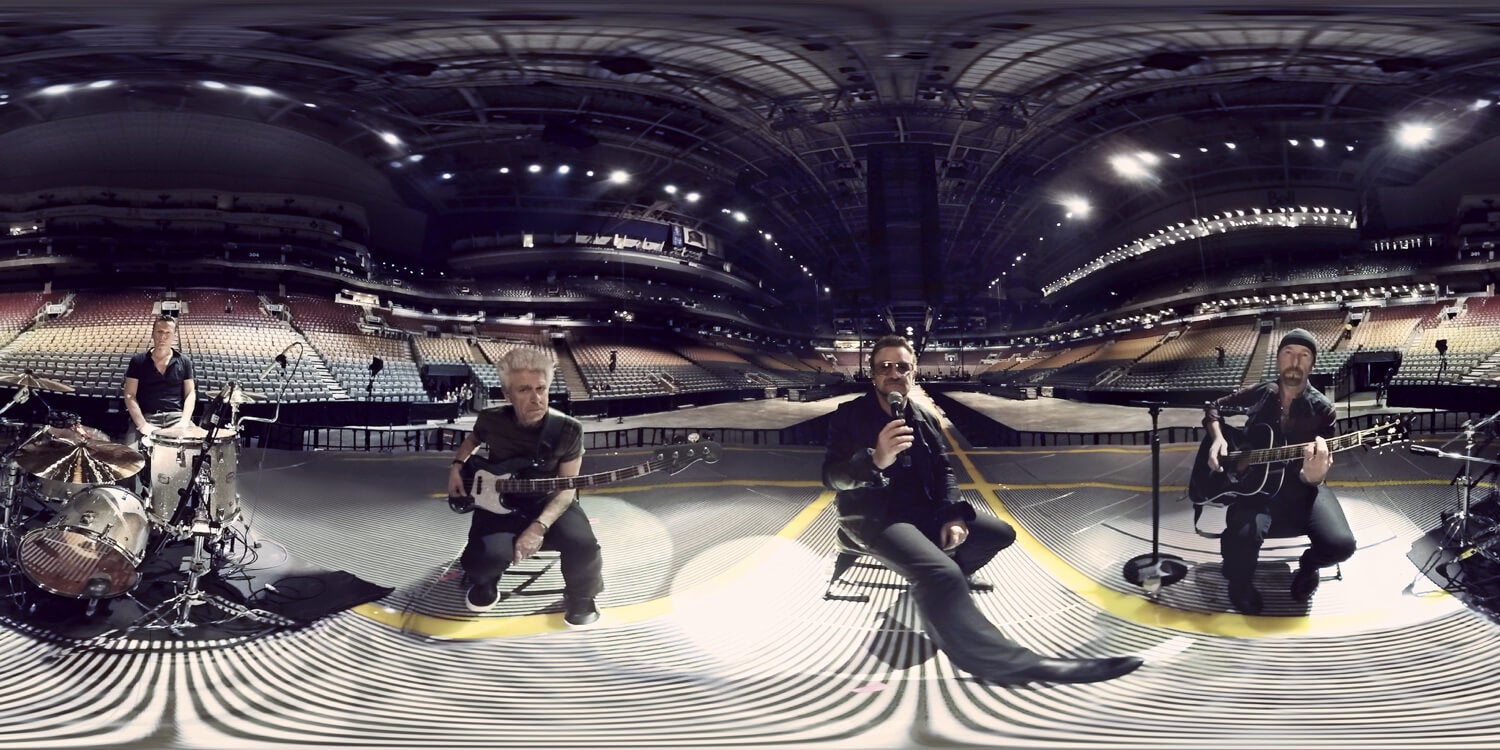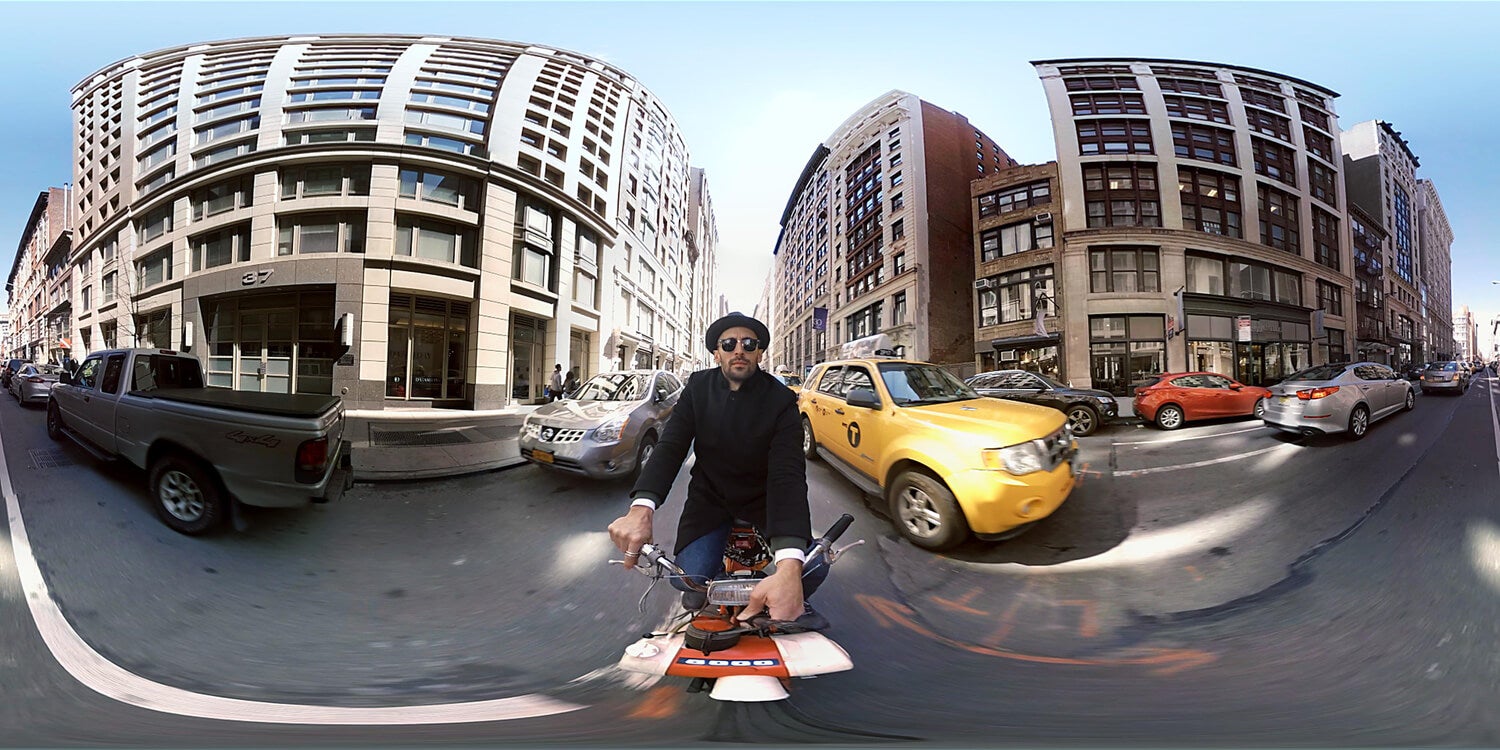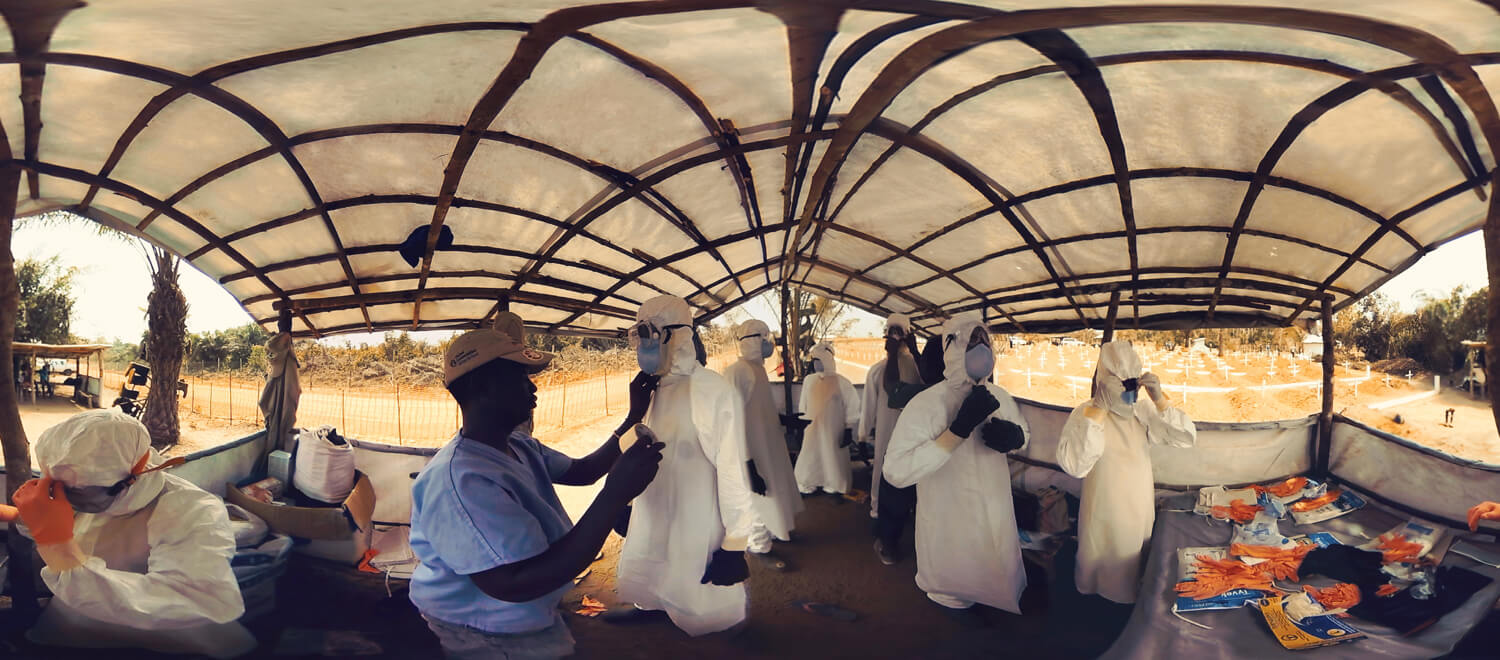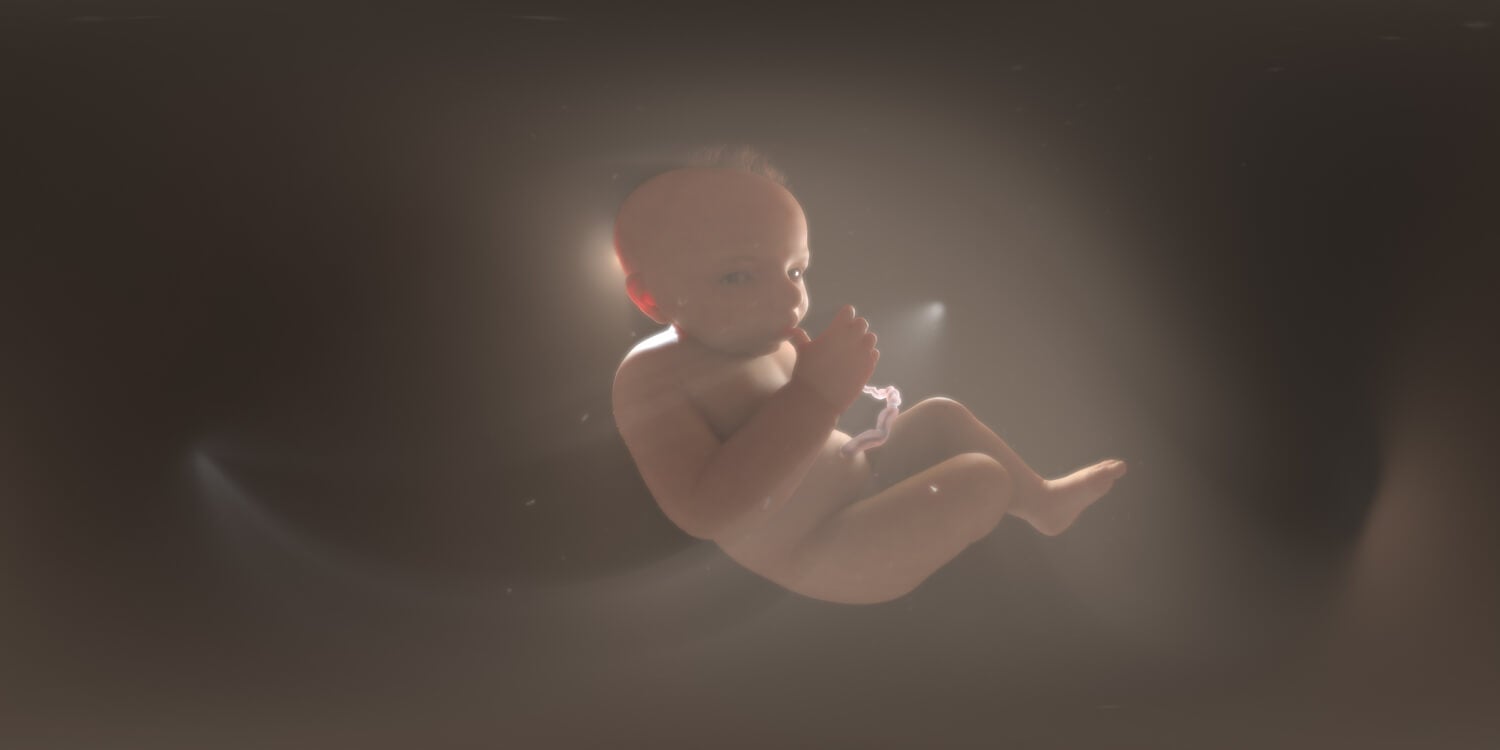VR Pioneer Chris Milk: Virtual Reality Will Mirror Life Like Nothing Else Before

Share
“I don’t think the future of VR looks like video games; I don’t think it looks like cinematic VR; I think it looks like stories from our real lives.
It’s the most amazing afternoon you’ve ever had. For one person, it might be what we call a rom-com, for another it might be an action movie. For another, it might be something we don’t have a movie genre preexisting for. It might be just exploring.”

Chris Milk.
Chris Milk, founder and CEO of virtual reality company Within (formerly Vrse) and co-founder and creative director of VR production studio Here Be Dragons (formerly Vrse.works), has a vision for the future of stories. He was kind enough to take some time at Singularity University Global Summit to sit down and walk me through a wide-ranging conversation touching upon the future of storytelling as a medium, virtual reality as a platform for innovation and the wildly exciting interactions between virtual reality and other exponential technologies.
Milk is already a legend in the VR community. He exploded onto the scene with the breakthrough VR documentary “Clouds Over Sidra,” an in-depth examination of daily life in a Syrian refugee camp. When the history of VR cinema is being written, “Clouds Over Sidra” will almost certainly be the first classic VR film mentioned.
But Milk is just getting started. His company Within has plans to help shape the language we use for virtual reality storytelling. Because let’s be clear, VR storytelling is still very much in its infancy. This fact makes it even crazier there are already VR films out there that can inspire and captivate on such a profound level.
And we’re only going up from here.
Singularity Hub: How will we experience the stories of the future?
Chris Milk: Imagine being able to live stories that are as rich and formulated and fantastic as the movies you see. That’s what we’re talking about. We don’t have quite the technology to do it, but you can see how it’s possible.
The way audiences exist in the future is not watching a movie on a screen on a wall.
It’s living the stories together and having the shared experiences we feel of watching the movie together. We want you and me to be able to have that collective experience, that shared experience. It makes the bond between you and whoever you’re with more powerful.
So, what does that look like in virtual reality?
Right now, you can do large-scale simultaneous viewings, and that's interesting and I think it's a first step to where we’re going. But ultimately I think the experiences become more immersive and more active than that, and allow you to really be on those adventures with your friends.
We’ll be the authors of our own stories right alongside our friends from anywhere in the world.

Singularity Hub: Of course, we’ve got a lot of hard problems to solve before we get to experience these stories. VR storytelling is still a very new medium which we’re in the process of understanding. From a technical perspective, how do we start working through those issues?
Chris Milk: In the larger scope of things, I want to innovate the format of the medium as well as the storytelling language.
If you compare it to cinema, in cinema you have this format that is birthed with the technology that makes the medium possible. You have a series of rectangles which are projected, and that format stays the same through the entire lifecycle of cinema. Sure, we can add in color and we can add in sound, but when you look at Avatar and you look at any movie from the 1950s, it’s essentially the same.
It's a sequence of rectangles, one after another after another.
And the same goes for radio, theater, literature, television. From their creation to today, they have remained essentially the same mediums.
Every other medium is an externalized version of an event...But there's this gap between the actual experience and you internalizing it. Virtual reality bridges that gap, so now you are within the experience firsthand.
Virtual reality does not follow that same set of principles. And the reason is because it's not actually a new medium — it’s a new outgrowth of a fundamental technology: tech interfacing with our consciousness in the way that our consciousness experiences the world. And that’s human sensory information.
Every other medium is an externalized version of an event. Whether it's someone writing a description with ink on parchment or it’s a movie, it's an externalized medium of someone else’s consciousness. A filmmaker tries to get what’s in his head onto the scene. You witness it. You experience it. You internalize it. But there's this gap between the actual experience and you internalizing it.
Virtual reality bridges that gap, so now you are within the experience firsthand. But the actual format right now is this thing that's really fluid.
Right now, cinematic VR is a sequence of spheres that you’re inhabiting. That's not gonna be the case in even a couple of years. So, what's exciting for us is not just trying to figure out what the Citizen Kane of cinematic VR is, but finding out what the alternative is.

Singularity Hub: We aren’t quite there yet. Even though we can create stories with user agency, at a certain point, the spell always breaks. How do you see us going from today’s narrative formats to the scenario you just described?
Chris Milk: I think there’s an uncanny valley for branching narrative interactive storytelling today.
You have to give it a lot of creative slack. You know that you’re not really there. It’s kind of the opposite of presence.
Video games get kind of a bad rap. They’re often used as an example of why you can’t have branching narrative storytelling, and that’s why you should use traditional cinematic storytelling. People think that traditional films work better, where there’s an author who decides exactly the story you are going to see and exactly how he wants you to see it.
When you try to do this in a video game, it doesn't work as well. Video games as a storytelling medium are completely in their infancy compared to cinema. Cinema took 60 years to get to Citizen Kane.
The gold standard is being the character, living it — not being an outside observer. We don’t have the technology to really do that effectively, in either the real-time rendered or the cinematic VR.
Be Part of the Future
Sign up to receive top stories about groundbreaking technologies and visionary thinkers from SingularityHub.


Singularity University Global Summit is the culmination of the Exponential Conference Series and the definitive place to witness converging exponential technologies and understand how they’ll impact the world.
Singularity Hub: At Global Summit, one of the most important insights that has been emerging is the convergence of exponential technologies. It’s not just artificial intelligence and virtual reality and the Internet of Things separately moving forward. Instead, they are being combined, remixed and intertwined to create miraculous inventions far beyond their already incredible uses.
Which exponential technology do you think will have the biggest effect on VR?
Chris Milk: I think in order to be able to do it, we have to have AI. You can’t have a bunch of characters that have five different reactions recorded.
The goal is to create a story where you aren’t watching inside of a movie or playing inside of a video game, but you are experiencing something that feels like real life. And to do that, you’ll need fully rendered environments and humans, or other characters that are photorealistic and will adapt to whatever you do. The only way that is going to work is with AI running both the characters and the larger simulation as well.
Not to say there isn’t human involvement or authorship, but you can't write a story with exponential branching narratives and shoot actors. There’s no shooting Brad Pitt with exponentially branching reactions.

Singularity Hub: Do you have any advice for entrepreneurs and executives who are thinking about doing business in virtual reality?
Chris Milk: Don’t chase the money. Don’t run in a circle picking up the gold coins on the ground. Try to look over the horizon and think what's there and head in that direction.
Because you have this thing that's so fluid and unknown and unformed...It’s more about what does this thing look like in 10, 20 years from now? And what are the steps we take to get from here to over the horizon?
Singularity Hub: Virtual reality is an incredibly powerful technology. How do you see it impacting society as a whole?
Chris Milk: It’s a powerful tool, and it can be used an infinite number of ways. You can write a hate letter or a love letter with a pen. You can make Citizen Kanes or you can make Nazi propaganda films. There’s no stopping the technology from being used by people with nefarious objectives, unfortunately.
Do I think that it will offset the politicians with very large bullhorns scaring the hell out of people? I don’t know. There will always be those forces.
Singularity Hub: Unfortunately, we’re going to wrap up here. Thank you so much for your time Chris. Final question: What does it all mean? What’s the impact, the importance VR storytelling?
Chris Milk: I think we will tell stories like we’ve never told before. We’ll make profound human connections to other people in the world through shared experiences of these stories.
[He pauses for a several seconds.]
I think VR becomes more and more like the stories of our real lives.

Image credit: Within
Jason Ganz is the CEO of Agora VR, a company dedicated to spreading big ideas in virtual reality. He's a tech optimist and startup junky who is thrilled to be living in the most exciting time in human history. You can get in touch with him at @jasnonaz and follow his work @agoraVR. For consulting and speaking engagements please contact eta.im.
Related Articles

AI Companies Are Betting Billions on AI Scaling Laws. Will Their Wager Pay Off?

Super Precise 3D Printer Uses a Mosquito’s Needle-Like Mouth as a Nozzle

Is the AI Bubble About to Burst? What to Watch for as the Markets Wobble
What we’re reading